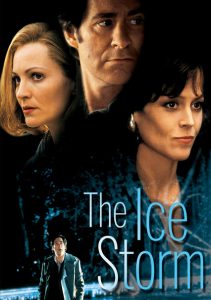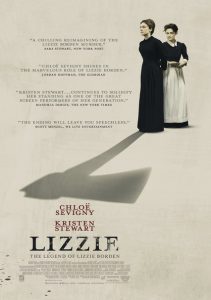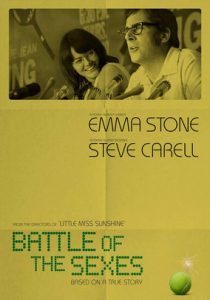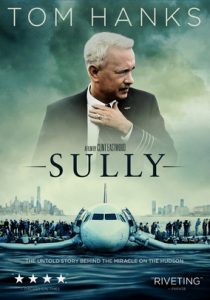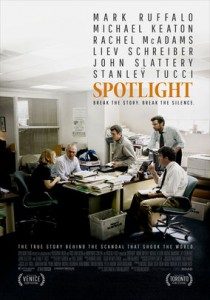The Ice Storm-1997
Director Ang Lee
Starring Kevin Kline, Joan Allen, Sigourney Weaver
Top 250 Films #60
Scott’s Review #850
Reviewed January 1, 2019
Grade: A
The Ice Storm (1997) is a brilliant film directed by Ang Lee of Crouching Tiger, Hidden Dragon (2000), and Brokeback Mountain (2005) fame.
The film is based on a 1994 novel of the same name, written by Rick Moody.
The brilliance lies in the rich way the characters are written with coldness, repression, and loneliness being central themes. The film is astonishingly genuine and fresh with an authenticity rarely felt so wholly in adult family dramas.
The period is 1973 and the events take place in New Canaan, Connecticut, a wealthy suburban town.
Two dysfunctional families, the Hoods and the Carvers co-exist during the Thanksgiving weekend as each deals with repression and escapism amid alcohol and sexual experimentation.
Both the adults and the children’s lives are prominently featured in the story. Ben and Elena Hood (Kevin Kline and Joan Allen) and Jim and Janey Carver (Jamey Sheridan and Sigourney Weaver) head the families.
While Ben and Janey carry on a secret affair, Elena lives an unfulfilled existence, craving more from life but not knowing how to get more and reduced to consulting self-help books for support.
Wendy Hood (Christina Ricci) enjoys sexual escapades with multiple boys while Paul Hood (Tobey Maguire), home from boarding school, takes the train into New York City to see a rich classmate Libbets Casey (Katie Holmes).
The most wonderful aspect of the film is that the story is a slice of life but with clever nuances. Since the families are rich why should the viewer feel sympathy for any of the characters let alone root for them?
Ben and Janey lounge in bed after sex, he is chatty about nonsense, and she is bored and depressed. During a holiday neighborhood gathering a kinky “key party” develops, where participants swap spouses for the night, resulting in titillation and excitement.
The bold and controversial writing is exactly why The Ice Storm scores so many points. The characters are cold and frozen, unlikable and selfish, but might that be the point? All seem unhappy and tired of their dull, small-town existence and craving what little excitement they can muster.
Written similarly to American Beauty (1999) the films could be watched in tandem for evenings of Gothic and macabre story-telling.
My favorite character is Elena as she has the most sensibility. She is lonely and ignored by her husband dutifully going about her day with little emotion. She feels temporarily excited when she develops a romantic crush on a neighbor only to quickly realize the most she can ever hope for with this man is a fling.
Her character is fleshed out as she yearns for more than she has. The other characters are largely selfish and pampered.
The film’s conclusion, however, is monumental as it changes the perceptions of some characters and softens them. A tragic death brings characters together in a powerful way.
Again, the writing in The Ice Storm is the most interesting and compelling appeal. The acting among the entire cast is professional, heartfelt, and brazen, but the written dialogue and interesting situations make this film rise above others of a similar genre.
Lee’s direction is brilliant as the blustery winter atmosphere is central to the story- in more ways than we might originally think. The frozen power lines and slick windy country roads elicit a cozy feeling nestled between harboring family secrets and scandals.
The bitter yet beautiful ambiance is a soothing and compelling aspect of the entire film and Lee portrays these elements with precision.
Of the independent drama genre, The Ice Storm has a low budget and big-name stars. The film could easily be performed as a play, but the cinematic elements and fantastic writing make it a memorable and storied piece of film-making.
Ang Lee frequently incorporates astounding character development in his works and The Ice Storm (1997) has all the qualities to be considered a masterpiece.
